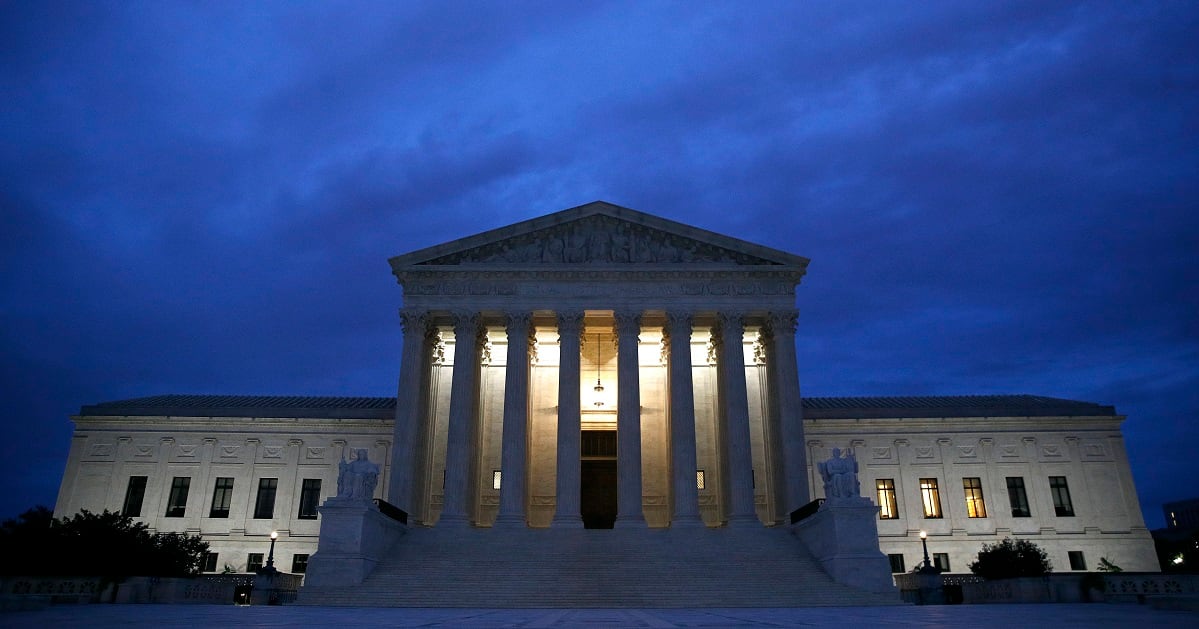A circuit court hearing one of the four federal cases challenging President Donald Trump’s policy to limit transgender military service sided with the administration Friday, ruling that the process former Defense Secretary Jim Mattis took to implement the president’s directive was sufficient and did not result in a blanket ban.
That federal case, “Doe v. Trump,” had challenged Mattis' February 2018 policy, approved by the White House in March, that restricted persons who had “gender dysphoria,” discomfort arising from identifying as other than your biological sex, from serving.
Attorneys for clients challenging the ban had argued that all transgender personnel experience that discomfort, and using gender dysphoria as a standard would, in effect, create a blanket ban.
However, the court disagreed, stating that not all transgender persons seek to transition to their preferred sex or experience discomfort.
"We can find nothing in the record to support this definition of being transgender,” the U.S. Court of Appeals for the District of Columbia Circuit found.
The Mattis policy also requires transgender persons to serve according to their biological sex, and does not allow service members to serve in their preferred sex.
Pentagon spokeswoman Jessica Maxwell said that while DoD is pleased with the D.C. Circuit’s decision, “the department remains bound by three other court orders that require continued implementation” of the previous policy under the Obama administration that allows transgender personnel to serve openly.
With this ruling however, DoD “is consulting with the Department of Justice on next steps in the litigation. We look forward to continuing to press our case in the courts,” Maxwell said.
RELATED

In its opinion, the court cited previous case law where the need to trust the military’s judgement on an issue has been the guiding principle.
"Courts must give great deference to the professional judgment of military authorities concerning the relative importance of a particular military interest,” circuit judges Thomas Griffith, Robert Wilkins and Stephen Williams wrote.
Three similar federal lawsuits are also underway, and a previous injunction to freeze the administration’s transgender policy remains in effect until those cases are decided, attorneys for transgender plaintiffs said Friday.
“Today’s decision is based on the absurd idea that forcing transgender people to suppress who they are in order to serve is not a ban,” said GLAD Transgender Rights Project Director Jennifer Levi. “It ignores the reality of transgender people’s lives.”
RELATED

“We will keep fighting this cruel and irrational policy, which serves no purpose other than to weaken the military and punish transgender service members for their patriotism and service," said Shannon Minter, legal director of the National Center for Lesbian Rights.
Trump has also requested that the Supreme Court weigh in on the case, overstepping the lower court decisions. The Supreme Court would have to decide to hear the transgender case by the end of this month if it is going to take up the issue this term.
Tara Copp is a Pentagon correspondent for the Associated Press. She was previously Pentagon bureau chief for Sightline Media Group.




